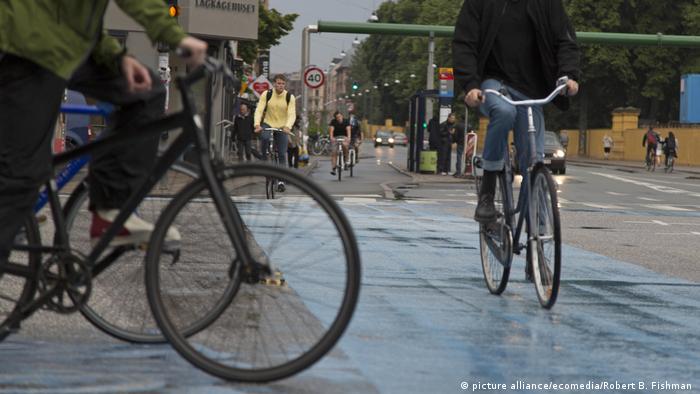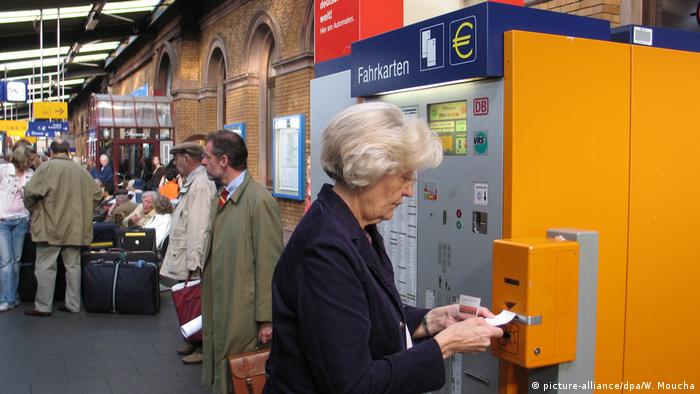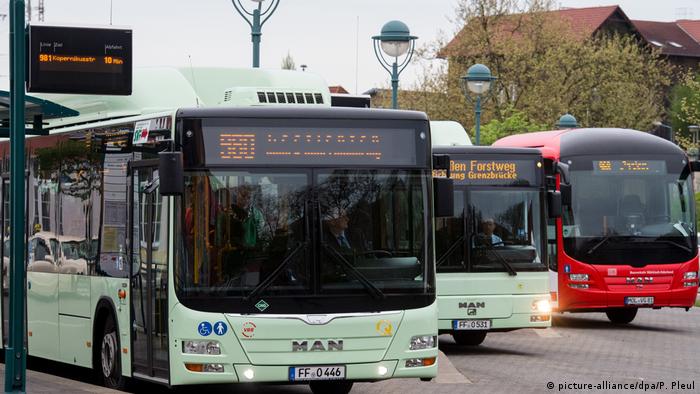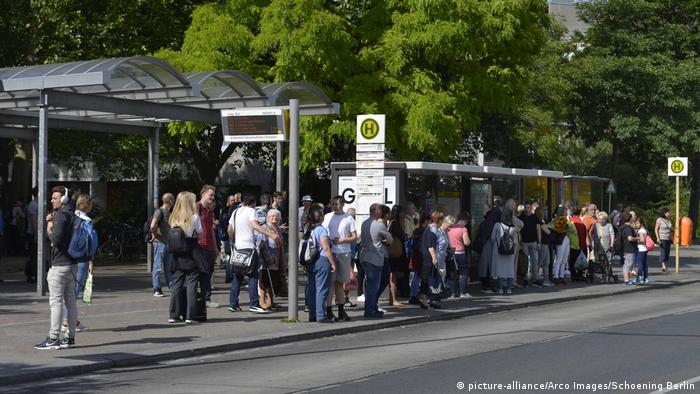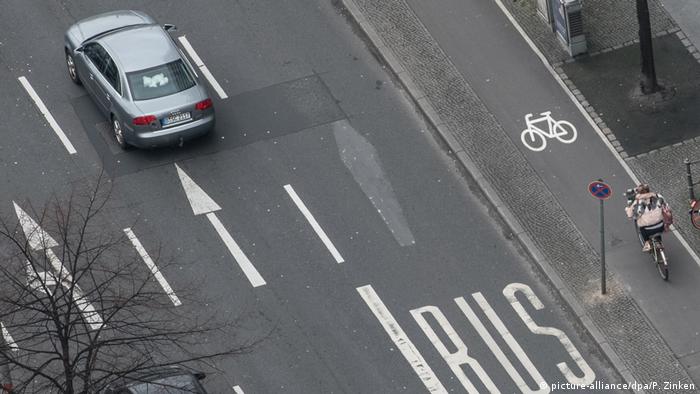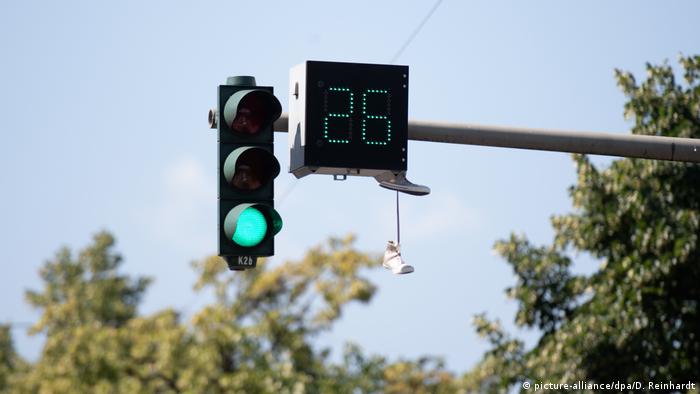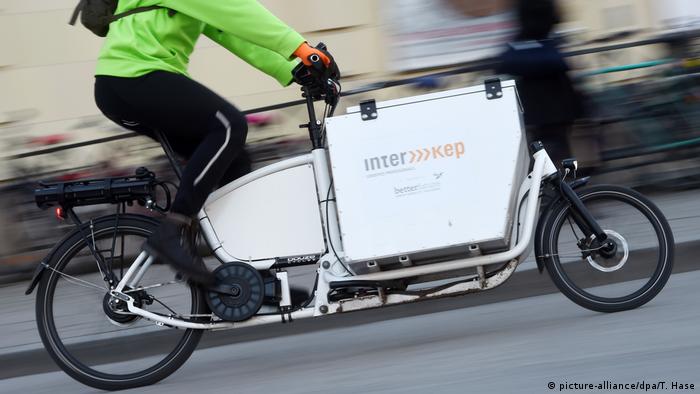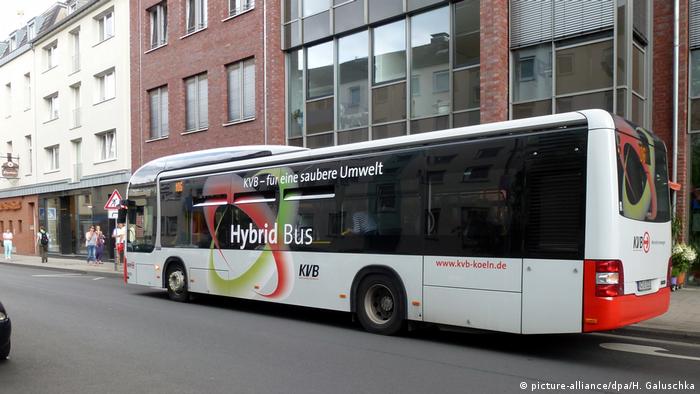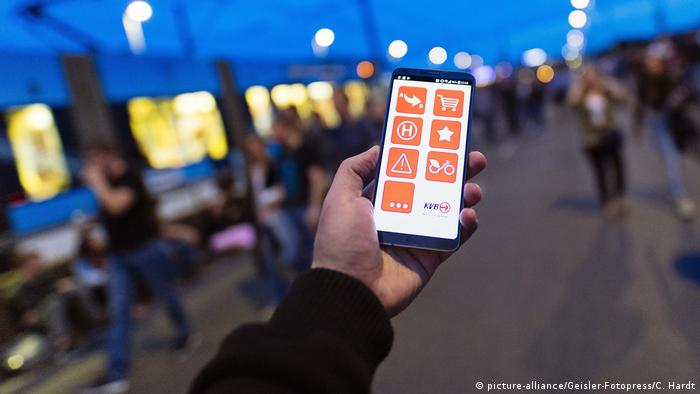Berlin, too, now gets a Diesel-driving bans. After Hamburg, Stuttgart and Frankfurt, an administrative court sentenced the capital to block eleven is particularly polluted roads for diesel cars.
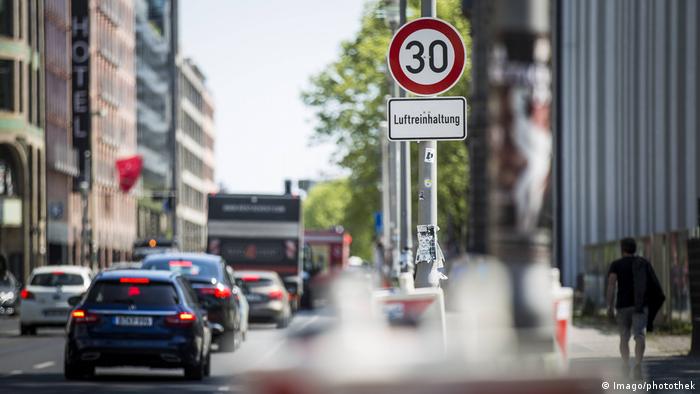
Tempo 30 to the air pollution on the Leipziger Straße
Berlin needs to impose for several streets until the middle of 2019, a Diesel-driving ban. The administrative court of the capital committed to the Senate, to 31. March 2019 to adopt a more stringent clean-air plan with the appropriate regulations. The driving need to be achieved in sections of bans for at least eleven street, no later than the end of June 2019. They are for vehicles with motors of exhaust classes Euro 1 to Euro 5.
With the blocking of eleven particularly loaded sections of major roads is to be achieved that the limit value for the pollutant, nitrogen is adhered to nitrogen dioxide. Diesel cars are a major cause of poor air quality in cities. The court had driving prohibitions relating to Diesel Cars and Diesel Trucks. Including parts of the important Leipziger Straße and friedrichstraße in the centre of Berlin. For other sections with a total length of 15 kilometers, the state of Berlin must also check driving bans. The judgment is not yet final.
What is the Federal government doing?
“Necessary measures” should not be justification for delay, that the results of further investigations are to be awaited, argued the presiding judge. The Berlin Senate had already brought action for better air, for example, Tempo-30-zones. Judge Ulrich Marticke said at the same time, a Diesel-driving ban for the entire environmental zone, which includes large parts of the city centre, was, however, absolutely necessary. Because in many places in the environment zone, the limit values would be complied with.
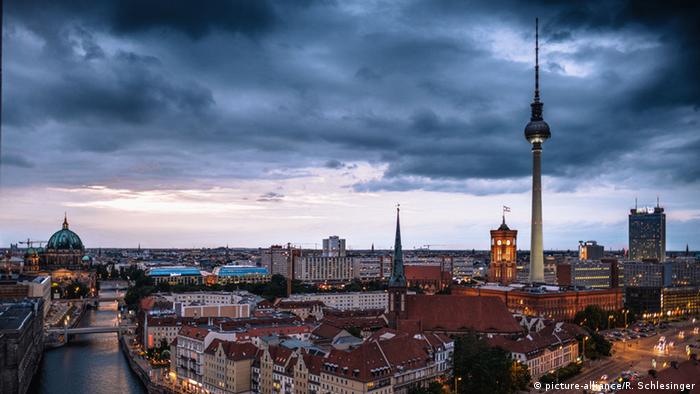
The Goal Is To Improve The Air In Berlin
Had complained, as in many other German cities, the German environmental aid, which originally wanted to enforce a Diesel-driving ban in the Berlin environmental zone. Only with a ban in a total zone could prevent a traffic loop on other streets, in which the load increases.
The question now is whether the decision changed the course of the Federal government in the diesel crisis. The Federal Ministry of transport refers to the planned additional measures for cleaner air in cities. The previous court Ministry said the judgments were based on older air quality plans of the municipalities, and speaker. “The verdict shows once again that We are in need of updated air quality plans that make the most of all the Federal measures offered.”
The Grand coalition had agreed after a long struggle, on new measures to prevent bans. New incentives to buy, as well as technical retrofits target 14 is particularly polluted cities such as Munich and Stuttgart. Especially in the case of the retrofits, many questions are still open.
German environmental aid Association welcomes verdict
The German environmental aid (DUH), the language of the judgment of the Berlin administrative court of “a good day for clean air.” Managing Director Jürgen Resch said the bans would have to be from the Berlin Senate quickly implemented. The citizens needed planning security. The Federal government has failed with their Diesel-compromise. The Grand coalition had agreed to for 14, is particularly polluted cities on measures like incentives to buy new cars – Berlin is not included in this list. Resch called for a renewed “diesel summits” of the Federal government, the environmental groups would have to sit at the table. The DUH was sued in court for driving bans. Resch regretted that it had not managed to reach the closures for the entire environmental zone covers the centre of Berlin,.
The lawyer of the Berlin Senate, referred to the decision of the administrative court as a “balanced judgment.” Frank Fellenberg said the German environmental aid have demanded a nationwide ban on driving throughout the downtown area. The court have imposed bans only for individual sections of road. It had also accepted the timetable of the country, to decide by March 2019 a new clean air plan.
tko/hb (AP, rtr)
